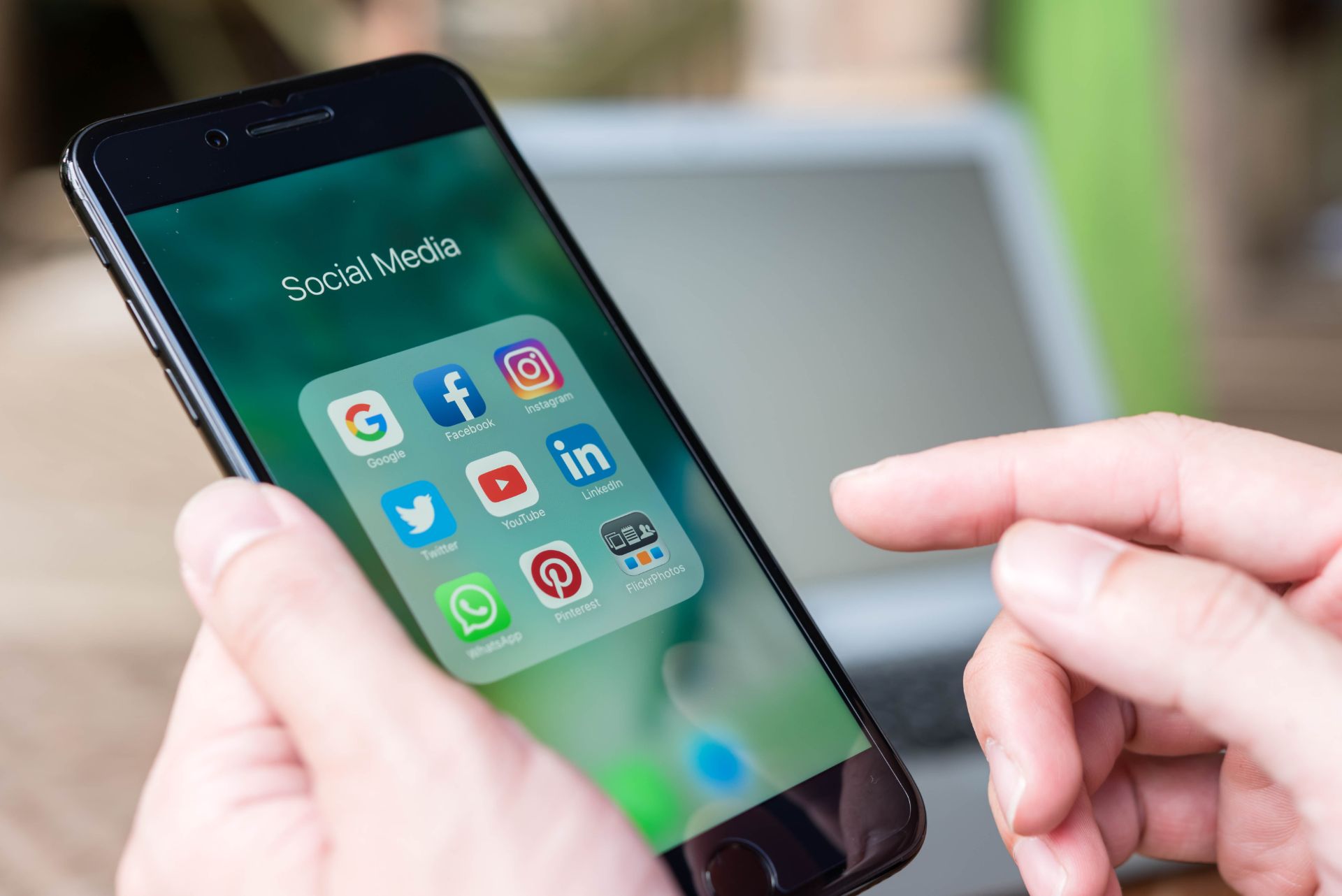
Technologies and social media are often talked about with a negative meaning, associated with episodes of cyberbullying, the spread of fake news, guilty of establishing "connections" instead of "social relations". Never as in recent weeks, however, has digitalization been helping us to feel closer, to continue work and educational activities, as well as to multiply virtuous behavior and solidarity actions such as crowdfunding campaigns and initiatives such as #iorestoacasa. How can we comment on this "evolution" of technologies? What can be said about the opportunity represented by remote working?
We have collected the comment of Lorenzo Dornetti, a graduated student in Psychology (with honorable mention) at our University and founder of NEUROVENDITA, the exclusive, innovative and patented "know how" that translates the most recent scientific discoveries on brain functioning into services to accelerate sales. Neurovendita collaborates with 23% of the world's top brands, according to the Forbes 2019 ranking. The reading key of neuroscience allows a different reading and an accurate prediction of social phenomena related to purchasing behaviors, "actually entering into the brain that feels, buys and chooses".

Social networks "spreaders" of good news
"My point of view is that of neuroscience applied to commercial organizations" said Dr. Dornetti "but in my opinion there are some interesting reflections to be made. First of all, in recent times we see "emerging" on our walls a greater number of positive contents, for example stories that tell episodes of mutual support, solidarity, generosity. This can be explained by the fact that people spend much more time on social networks, not only as a source of distraction but also to update themselves and search for information. Fake or negative news more easily attract attention, but more time on social media also means more time to scroll down the pages, with a greater chance of coming across topics that speak of altruism. Another explanation for this may be the decline in advertisements. For companies, the big challenge in the coming months will be to understand how customers will behave after the epidemic ends. While waiting to reorganize, most of them have reduced advertising budgets: as sponsored posts fail, more space is left to "ordinary citizens", whose contents are more prominent.
Instead, it's a great time for professional social media. In a difficult time, of fear for the future of one's work, we have noticed a higher propensity to enter into a relationship: thanks to these networks, those who offer a service and those who apply for a job position dialogue more easily. Obviously, an interview or recruitment is not always finalized, but it is certainly a remarkable phenomenon".

Remote working: a challenge for neurosciences
"Working from home developed in the United States following the attacks of 11 September 2001, due to workers' fear of going to the office. So far in Italy it has not been a widespread method, or in any case it has been very limited to some companies, especially positions related to management and sales. From the neuroscience point of view, the ability to work from home requires an incredible adaptation, as it means learning new skills, to organize and manage one's work abilities in an unusual context, with different spaces and rhythms, perhaps even with children at home: it is a huge challenge from which it will be difficult to go back. In a scenario where, at the end of the lockdown, it will be possible to return to a progressive normality with restrictions, many jobs that currently involve classic customer relationship methods (front offices, sales outlets, ...) will have to resort to remote connection systems little used today. In the future, therefore, we will have to deal with the redefinition of working relationships, and learn to be productive in a remote working regime, which could be significantly established in many organizations".
Tags:
You might be interested in

That virus from overseas–Or, how to influence invisibly our social judgments

Origin and evolution of epidemics: lessons from History

Technology and learning: how skills change in the time of COVID-19

